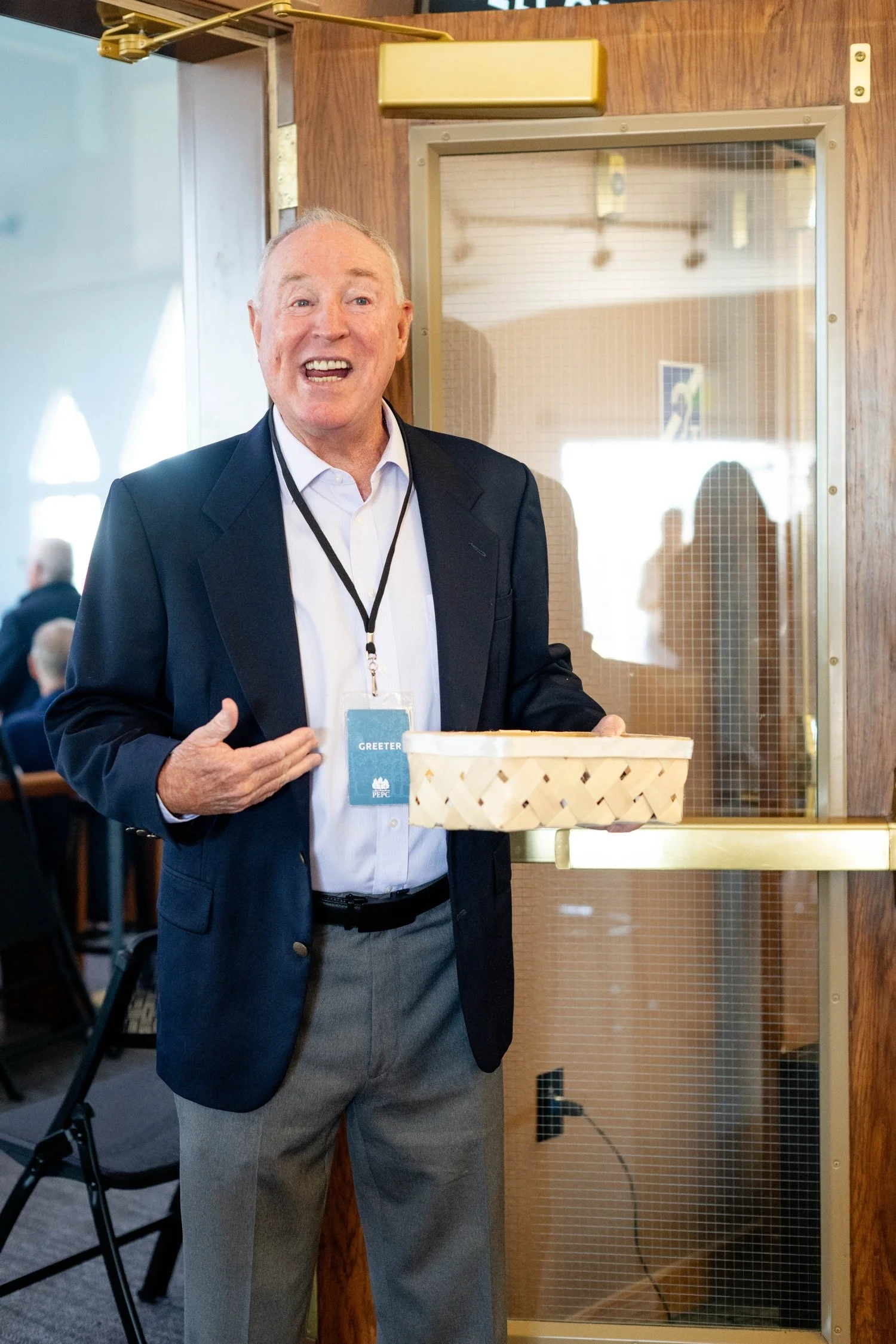Readings for today: Ezekiel 13-16
There is immediate tension when you start talking about the emotions of God. Some within the Christian tradition believe Him to be impassible and therefore “without emotions” on some level. Some want to protect His immutable (unchanging) nature and therefore don’t like to think of God expressing any emotions lest we give the sense that He is driven by them. Some believe the description of the emotions of God that appear throughout the Bible are “anthropomorphisms” or examples of humans “projecting” onto God in an effort to understand Him. I don’t buy any of it. I think God is deeply emotional. I think He’s the author of all emotions. I think all emotions find their perfection in Him. I do not think His emotions in any way threaten His unchanging nature and consistency. Quite the opposite, I think we can count on His emotions just like we count on His righteousness, goodness, etc. I expect God to express anger when confronted with sin. I expect God to express compassion when drawing near the broken-hearted and crushed in spirit. I expect God to approach every human being with love. I expect God to hurt when we hurt and laugh when we laugh. This is the essence of what it means to be in relationship with Him.
God’s heartbreak is palpable in passages like Ezekiel 16. Here He lays out the history of His relationship with His people and expresses His deep grief over what they have become. Read the words again and hear the pain and anguish of God’s feelings of betrayal…
“On the day you were born your umbilical cord was not cut, you weren’t bathed and cleaned up, you weren’t rubbed with salt, you weren’t wrapped in a baby blanket. No one cared a fig for you. No one did one thing to care for you tenderly in these ways. You were thrown out into a vacant lot and left there, dirty and unwashed—a newborn nobody wanted. And then I came by. I saw you all miserable and bloody. Yes, I said to you, lying there helpless and filthy, “Live! Grow up like a plant in the field!” And you did. You grew up. You grew tall and matured as a woman, full-breasted, with flowing hair. But you were naked and vulnerable, fragile and exposed. I came by again and saw you, saw that you were ready for love and a lover. I took care of you, dressed you and protected you. I promised you my love and entered the covenant of marriage with you. I, God, the Master, gave my word. You became mine. I gave you a good bath, washing off all that old blood, and anointed you with aromatic oils. I dressed you in a colorful gown and put leather sandals on your feet. I gave you linen blouses and a fashionable wardrobe of expensive clothing. I adorned you with jewelry: I placed bracelets on your wrists, fitted you out with a necklace, emerald rings, sapphire earrings, and a diamond tiara. You were provided with everything precious and beautiful: with exquisite clothes and elegant food, garnished with honey and oil. You were absolutely stunning. You were a queen! You became world-famous, a legendary beauty brought to perfection by my adornments. Decree of God, the Master. But your beauty went to your head and you became a common whore, grabbing anyone coming down the street and taking him into your bed. You took your fine dresses and made “tents” of them, using them as brothels in which you practiced your trade. This kind of thing should never happen, never.” (Ezekiel 16:4-16 MSG)
Do you hear the heartbreak of God? Do you feel His pain as He reflects on what Israel has become after all He’s done for her? Now think about your own life. Think about all God has done for you. Did God meet you at a time in your life when you were spiritually orphaned and abandoned? Did He not reach down and save you when you were helpless and afflicted? Did He not walk by your side as you grew in wisdom and stature before God? Did He not fill you with His Spirit? Where have you, like Israel, fallen into complacency? Where have you, like Israel, begun to take God for granted? Where have you, like Israel, perhaps given yourself to other gods? Played the spiritual harlot by worshipping idols in your own life? Do you not see how this breaks the heart of God? Again, this is what it means to be in a real relationship. It means God responds to everything we think, say, or do. He is not indifferent. He is not apathetic. He is not distant. He is engaged. He is involved. He is invested. And this lends eternal weight to the decisions we make on a daily basis.
Readings for tomorrow: None




